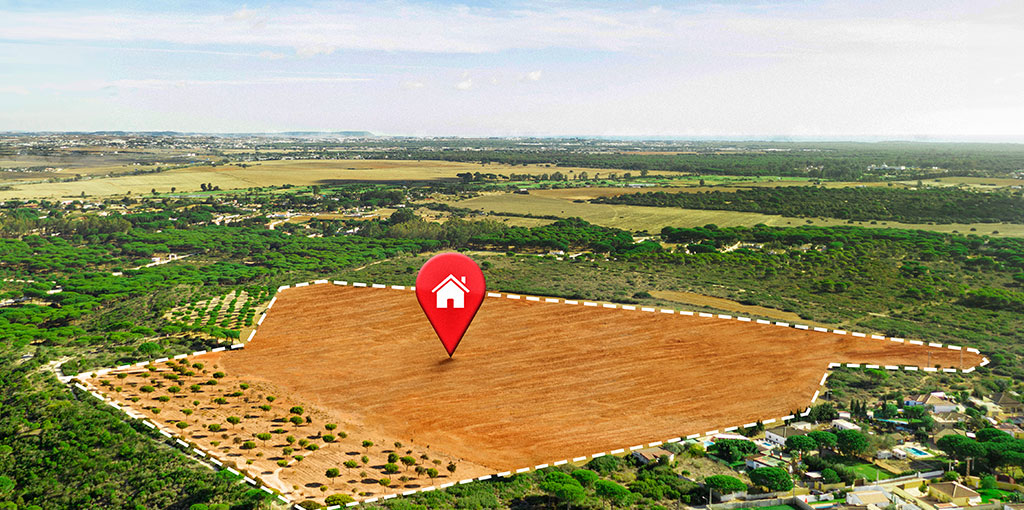In the realm of real estate investments, vacant land often occupies a less glamorous position compared to its built-up counterparts. However, beneath its seemingly barren surface lies a plethora of benefits and opportunities that savvy investors and landowners can harness. From financial gains to personal fulfillment, owning vacant land offers a unique set of advantages that are worth exploring.
- Potential for Appreciation:
Vacant land, particularly in desirable locations, has the potential to appreciate significantly over time. As population grows and urbanization expands, undeveloped land in strategic areas becomes increasingly scarce, driving up its value. Investing in vacant land can thus be a lucrative long-term strategy, offering substantial returns on investment as its value appreciates. - Flexibility and Versatility:
One of the most appealing aspects of owning vacant land is its inherent flexibility. Unlike developed properties with predefined structures and land use regulations, vacant land provides owners with a blank canvas to tailor to their needs and preferences. Whether it’s for residential, commercial, agricultural, or recreational purposes, vacant land can be repurposed and developed according to the owner’s vision, making it an attractive asset with endless possibilities. - Low Maintenance Costs:
Compared to developed properties, vacant land typically incurs lower maintenance costs. Owners are spared from expenses related to property upkeep, repairs, and renovations, allowing them to allocate resources more efficiently. Additionally, vacant land is often exempt from property taxes or subject to lower tax rates, further reducing the financial burden associated with ownership. - Diverse Investment Strategies:
Owning vacant land opens doors to a variety of investment strategies tailored to different risk appetites and objectives. From buy-and-hold strategies focused on long-term appreciation to land flipping ventures aimed at short-term profits, investors can choose the approach that aligns best with their investment goals and market conditions. Moreover, vacant land can serve as a hedge against economic downturns, preserving wealth and providing stability during turbulent times. - Environmental Conservation and Stewardship:
For environmentally-conscious individuals, owning vacant land presents an opportunity to contribute to conservation efforts and preserve natural habitats. By maintaining land in its undeveloped state, owners can protect biodiversity, promote sustainable land management practices, and safeguard ecosystems from urban encroachment. Furthermore, vacant land can serve as green space, enhancing the quality of life for communities and promoting ecological balance. - Personal Enjoyment and Recreation:
Beyond financial gains, owning vacant land offers intangible benefits that enrich the owner’s life. Whether it’s a secluded parcel nestled in the countryside or a waterfront lot overlooking pristine vistas, vacant land provides a retreat from the hustle and bustle of urban life. Owners can indulge in outdoor activities such as camping, hiking, gardening, or simply basking in the serenity of nature, fostering a deeper connection with the land and fostering personal fulfillment.
In conclusion, while vacant land may lack the allure of developed properties, its value extends far beyond its surface. From investment potential to environmental conservation and personal enjoyment, owning vacant land offers a myriad of benefits that appeal to investors, conservationists, and nature enthusiasts alike. By recognizing and harnessing the inherent value of vacant land, individuals can unlock opportunities for financial growth, environmental stewardship, and personal fulfillment in equal measure.



